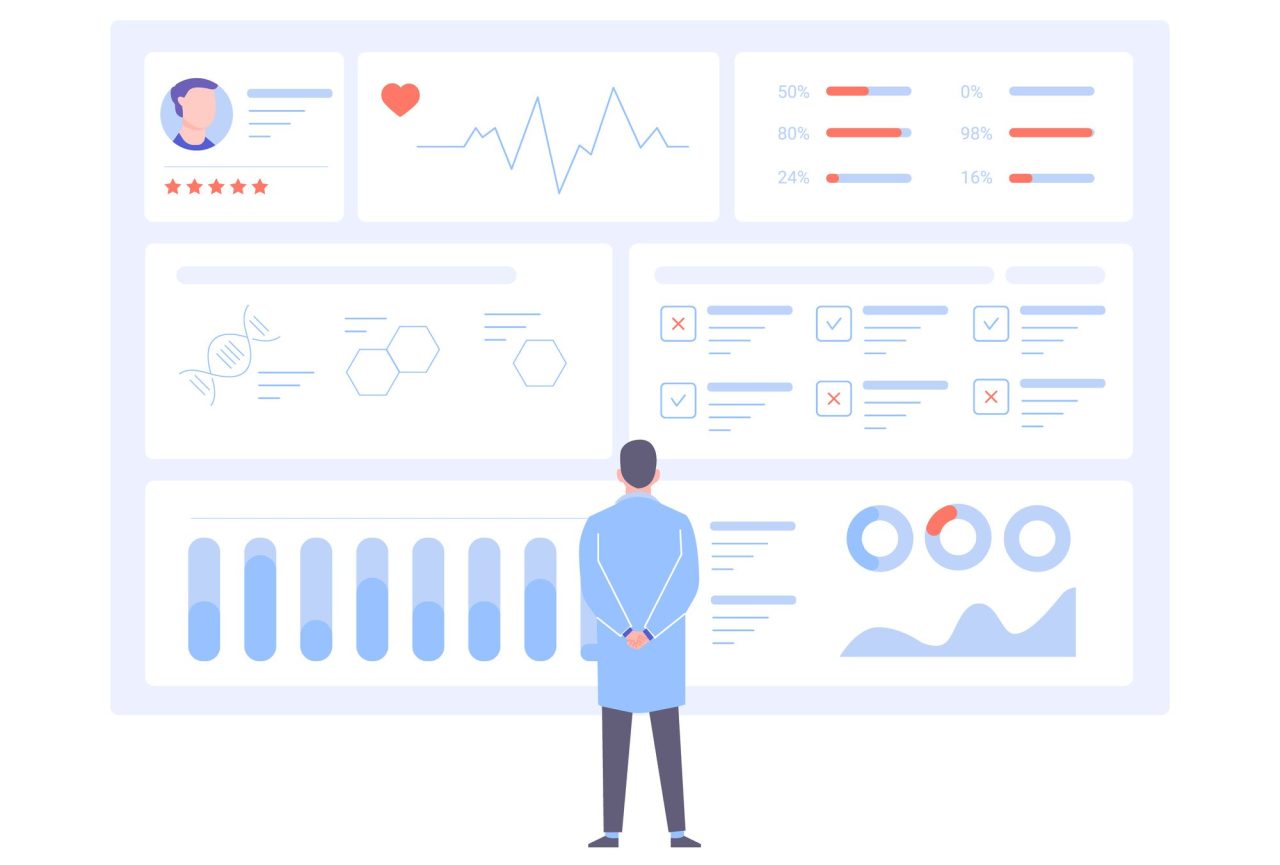Generative AI is rapidly transforming various sectors, and healthcare is no exception. From patient intake processes to diagnostic assistance, the potential applications are vast and varied. Yet, as we embrace these new technologies, it’s essential to consider both their promises and pitfalls. Are we ready to integrate these tools into patient care, or is the healthcare world being swept into the future a bit too hastily? Let’s dive into the evolving landscape of generative AI in healthcare.
The Current Landscape of Generative AI in Healthcare
Big Tech firms are at the forefront of this generative AI wave, developing partnerships and tools that aim to improve patient experiences. For instance, Google Cloud is collaborating with Highmark Health to create generative AI solutions that enhance the patient intake experience. Similarly, Amazon’s AWS is exploring ways to analyze medical databases to better understand social determinants of health, while Microsoft Azure is working on triaging patient messages for Providence healthcare network.
The Investment Surge
There’s no denying the excitement surrounding generative AI in healthcare, evidenced by the investment frenzy in this niche. Health-focused generative AI startups have collectively attracted tens of millions of dollars in venture capital. But this enthusiasm isn’t universal; the healthcare community remains divided over the readiness of these tools for widespread use.
Mixed Consumer Sentiments
- A recent Deloitte survey revealed that only 53% of U.S. consumers believe generative AI can enhance healthcare.
- Concerns about cost-effectiveness are prevalent, with fewer than half expecting AI to make healthcare more affordable.
Professional Skepticism
Healthcare professionals have voiced caution regarding the integration of generative AI into clinical settings. Andrew Borkowski, the chief AI officer at the VA Sunshine Healthcare Network, pointed out critical limitations of generative AI. Notably, the inability to manage complex medical queries and a potential lack of current clinical knowledge raises valid concerns about its immediate utility.
Impressive Yet Flawed
Studies indicate that even leading AI models like ChatGPT can misdiagnose conditions, with errors reported in as many as 83% of pediatric cases. Performance gaps also appear in administrative tasks, where tools like GPT-4 failed up to 35% of the time on benchmark evaluations. This raises essential questions about safety and reliability, especially when the stakes involve human lives.
Ethical Implications and Bias in AI
Moreover, there’s growing concern over ethical implications. A study from Stanford Medicine demonstrated that generative AI can inadvertently perpetuate harmful stereotypes, particularly regarding racial discrepancies in healthcare. The most vulnerable populations, often devoid of adequate healthcare access, are also those who may seek out AI-driven solutions, raising the specter of unequal treatment.
Continuing Improvements
On a positive note, ongoing advancements signal potential for generative AI’s role in healthcare. A Microsoft study showed that fine-tuning GPT-4 with specific prompts can significantly boost diagnostic accuracy. Similarly, innovative approaches like CoDoC aim to enhance the efficiency of medical imaging by determining when AI can assist versus traditional methods.
Path Forward: Regulations and Governance
As the industry navigates this complex landscape, experts underscore the need for stringent regulations. Significant privacy and security risks surround patient data, creating potential for misuse. The evolving legal framework concerning generative AI also poses challenges. Calls for rigorous randomized control trials before deploying patient-facing AI tools emphasize the need for scientific validation.
World Health Organization’s Guidelines
Recent guidelines from the World Health Organization advocate for transparency and human oversight in deploying generative AI in healthcare. Engaging a diverse range of stakeholders during the development process can mitigate some of the associated risks, ensuring that the focus remains on patient safety and efficacy.
Conclusion: A Cautious Embrace of Generative AI
The promise of generative AI in healthcare offers exciting possibilities for improving patient care, but we must tread carefully. Balancing innovation against the critical necessity for reliability, safety, and ethical considerations is paramount. While ongoing advancements show promise, the cautious optimism expressed by experts highlights the need for patient oversight and rigorous validation before generative AI tools become commonplace.
For more insights, updates, or to collaborate on AI development projects, stay connected with fxis.ai.
At fxis.ai, we believe that such advancements are crucial for the future of AI, as they enable more comprehensive and effective solutions. Our team is continually exploring new methodologies to push the envelope in artificial intelligence, ensuring that our clients benefit from the latest technological innovations.

